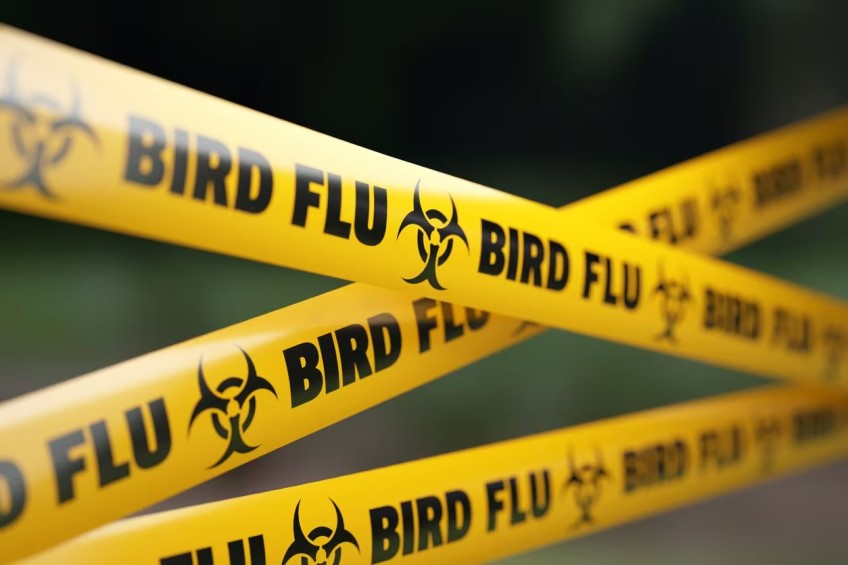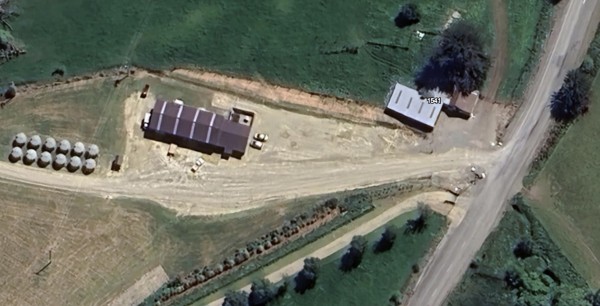80,000 chickens to be culled at Moeraki poultry farm

Tens of thousands of chickens at the Moeraki farm at the centre of new Zealand’s first case of pathogenic avian influenza are to be destroyed but Biosecurity New Zealand says there has been no indication the disease has spread any further.
Yesterday morning a shed at Mainland Poultry’s Hillgrove farm tested positive for avian influenza. Later that evening a second shed also tested positive.
“A second shed has now tested positive for the virus but at this stage it is still contained on that one farm,” a Mainland Poultry spokesperson told Crux today.
Biosecurity New Zealand deputy director-general Stuart Anderson says that brings the number of birds contaminated to 80,000.
“The birds in both sheds (a total of 80 thousand) will be humanely culled and that will begin on Wednesday.
“It is expected to take two to three days, using existing industry standard practice of CO2 containerised gas.
“The remote farm remains under strict biosecurity controls to restrict the movement of birds, poultry products, feed, and equipment on or off the property. The detection of further positive cases on the farm is not unexpected given the nature of the virus.”
Testing of other sheds on the property continues.
“If required, we will put more restrictions in place, however, at this stage, there have been no further reports of any avian influenza type symptoms showing in chickens in any other poultry farm.
“Mainland Poultry took the right steps by notifying us of sick and dying birds. The farm has strong biosecurity standards. Three specialist veterinarians from the Ministry for Primary Industries (MPI) are on site.
“They have been carrying out further investigations and taking samples from birds in other sheds on the farm and conducting tracing work to six other poultry farms in the area that are linked to the affected property.
“We are also tracing all movements to and from the farm over the past week. We will place biosecurity controls on any property if we need to manage any biosecurity risk.”
Mr Anderson says next steps include continuing to collect samples for testing.
The incubation period for the virus is usually 3-14 days, with a possibility up to 21 days, so testing will continue over the next two to three weeks.
“Biosecurity New Zealand has a comprehensive surveillance programme of all poultry properties in the area, where we are testing birds on those properties for any signs of avian influenza.”

Photo (Google Earth): The Mainland Poultry farm at Hillgrove, near Moeraki
A Federated Farmers spokesperson says the incident is a reminder to all farmers to employ sound biosecurity practices at all times, and to take early action and seek advice when something unusual is noticed with farmed animals.
“While highly regrettable that it appears up to 80,000 chickens will need to be culled, it shows that the farmer concerned – and the Ministry for Primary Industries (MPI – recognise the seriousness of the situation, and the key goal of working to eliminate further spread.”
University of Otago Virologist Professor Jemma Geoghegan points out, in this case, the H7 subtype involved does not spread easily to humans, and is of low risk to public health.
"The detection of H7N6 at a New Zealand farm is worrying, however it is not the H5N1 strain that we are most worried about.
"Usually the H7 subtype is low pathogenic and is found in wild birds without causing disease. On some rare occasions, these viruses can spillover to poultry and evolve to become high pathogenic where they cause severe disease.
“This is what we saw happen in Australia a few months ago too. With chicken farms in such close proximity to wildlife, these sorts of spillovers are always a risk.”
A further update is expected at midday tomorrow.
Main photo (RNZ file photo): 80,000 chickens to be destroyed
























